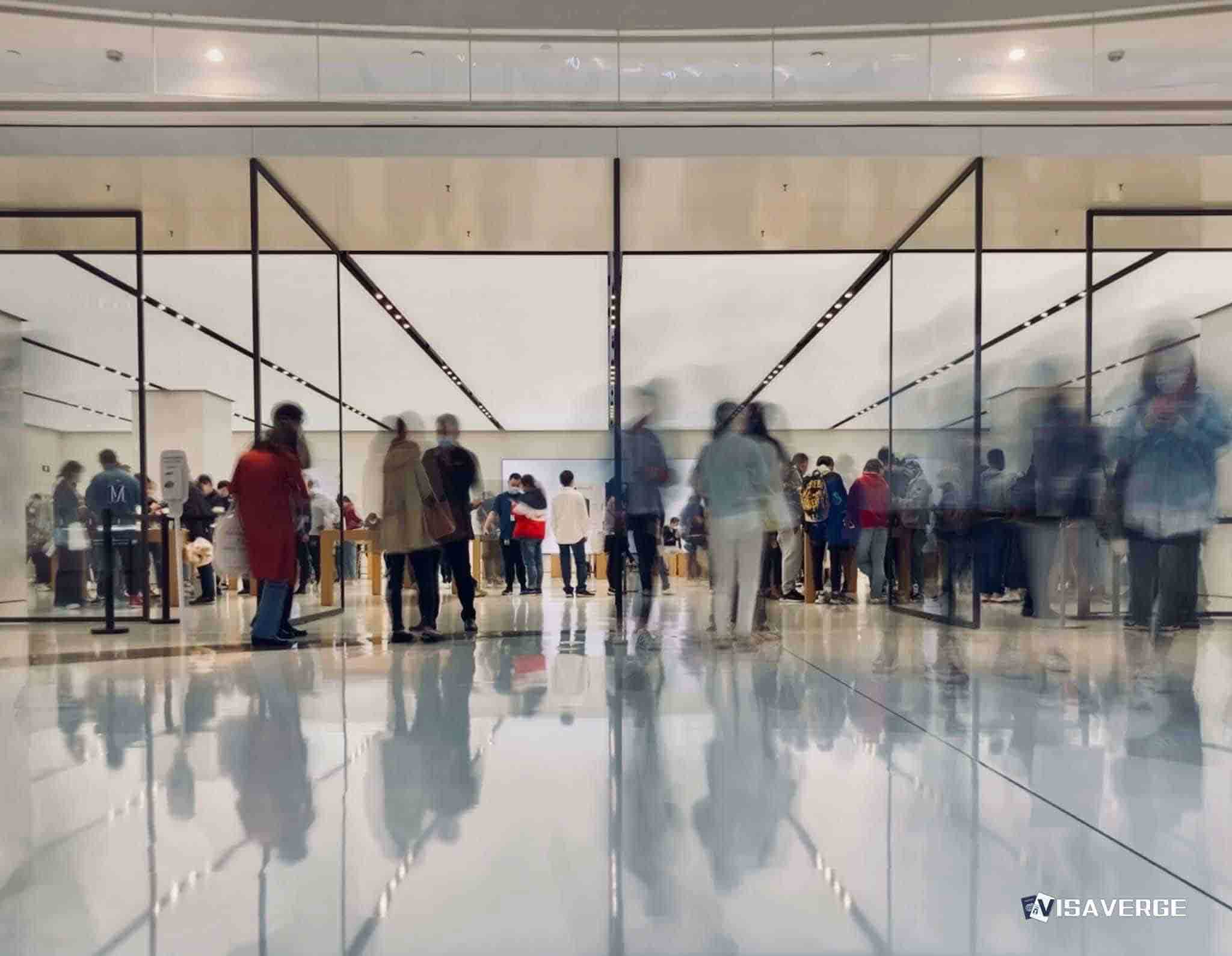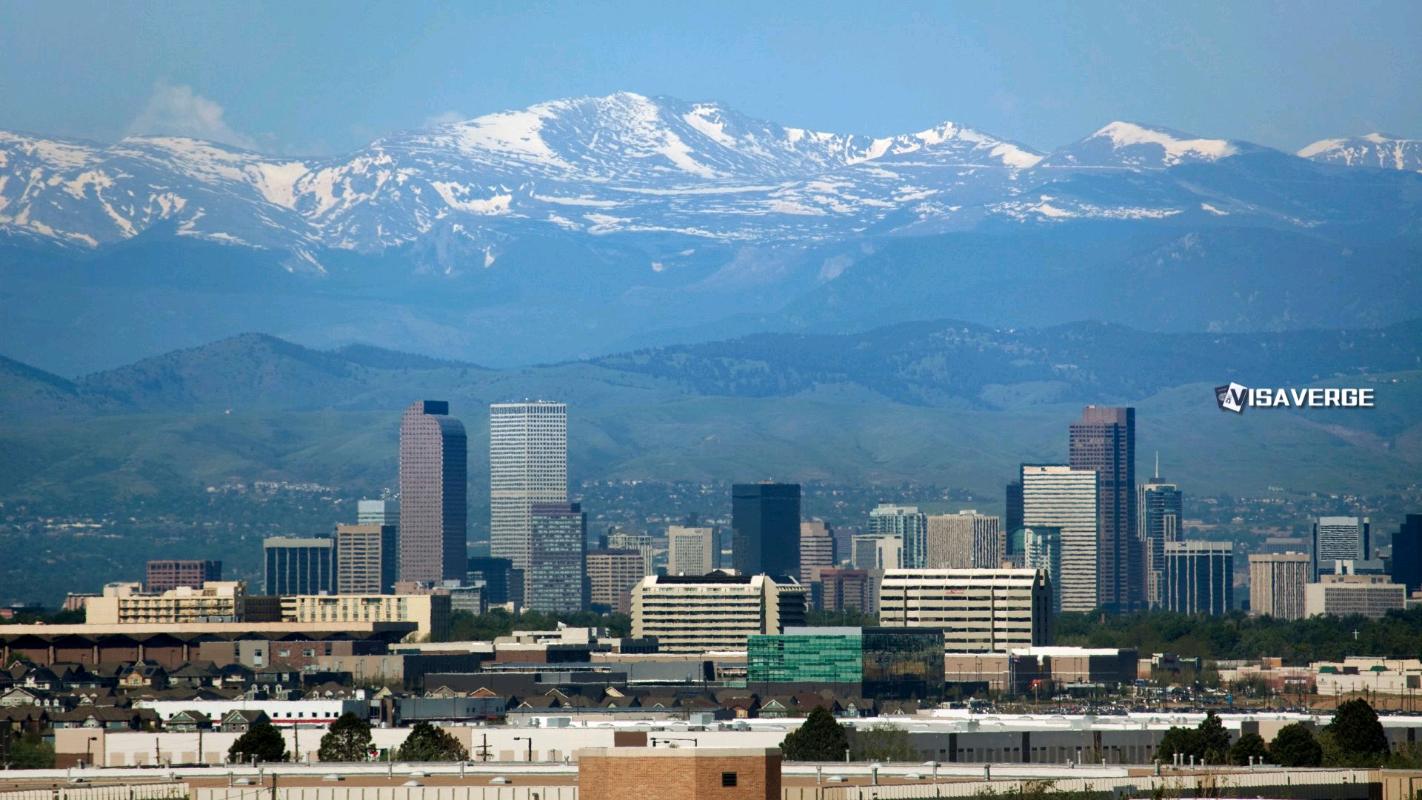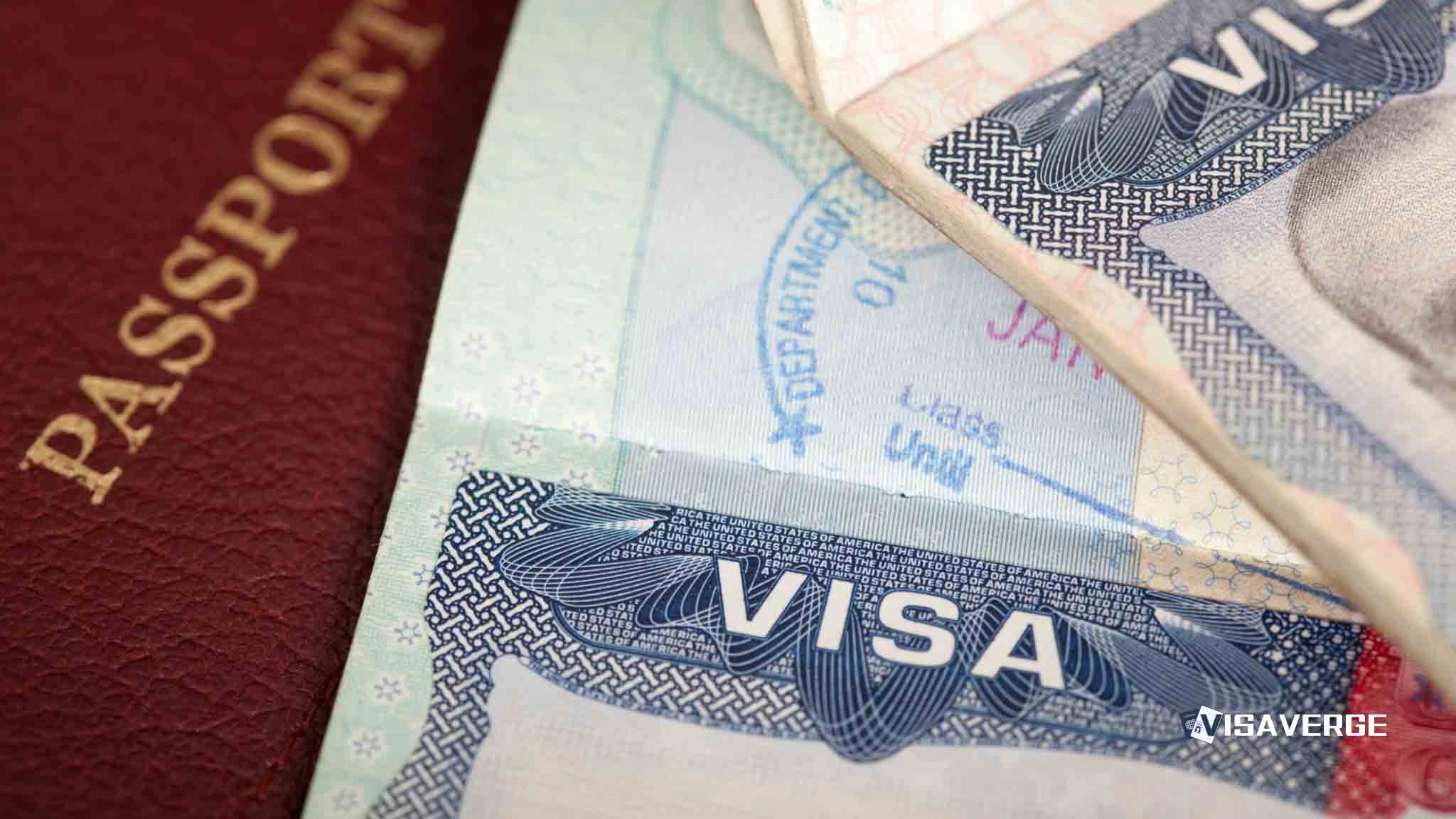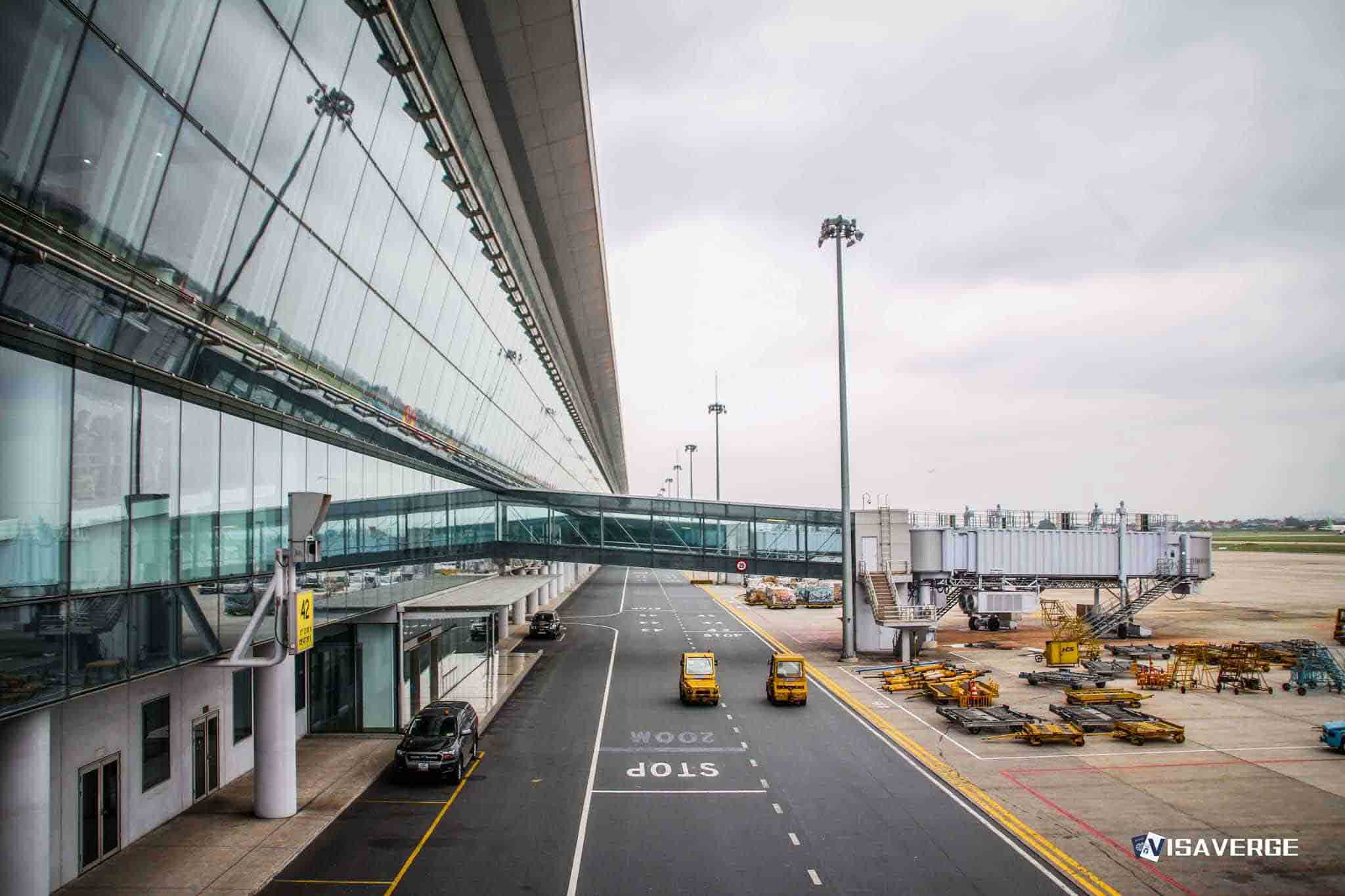Key Takeaways
• Airport kitchens conduct deep cleans before summer to handle increased passenger volume and stricter food safety requirements.
• Deep cleaning targets hidden grease, bacteria, and fire risks in kitchen equipment and ventilation systems.
• Regular deep cleans help airports avoid failed inspections, equipment breakdowns, and reputation-damaging food safety incidents.
With the approach of the busy summer season, airport kitchens across the world are stepping up their cleaning responses in a big way. The reason is simple: summer travel means millions more people passing through airports every day. This jump in travelers leads to much higher demand for meals and snacks, putting extra pressure on every kitchen in the airport. As reported by VisaVerge.com, airport kitchens are not just doing their usual cleaning routines—they are scheduling full deep cleans to meet both the practical needs of feeding more people and the much higher expectations for safety and cleanliness that travelers expect today.
Surge in Travelers Means More Food and More Pressure

Each summer, airports see a huge wave of travelers. Families are going on holiday while business travelers and tourists fill flight schedules to their limits. With school out and the weather warm, airports are packed from morning until night. This growth directly affects airport kitchens, since more people passing through means a lot more meals to prepare and serve in a very short time.
- More meals made each day: Airport kitchens must keep up cooking and serving food almost around the clock to feed these passengers.
- Longer hours, bigger workload: Because more flights mean longer operating hours, both staff and equipment are pushed harder than usual.
- Faster pace, higher risk: Working fast and under pressure makes it easier for small mistakes to happen, including those that might affect food safety.
With these challenges, it’s easy for an airport kitchen to fall behind on cleaning or to miss spots where grease or germs might collect. That’s why deep cleans ahead of the summer rush are so important.
Deep Cleans: What Are They and Why Now?
A deep clean in an airport kitchen goes much farther than a standard daily wipe-down. Instead of cleaning only what’s visible, staff and special cleaning crews focus on areas often missed. These may include:
- Behind and under ovens, stoves, and fridges: Where old food, grease, and dust can build up.
- Inside and around ventilation systems: Grease and dirt here can cause bad smells—or even fires.
- Storage units and coolers: Sanitizing these areas is critical, since food often sits here for hours before serving.
- Cooking surfaces: Burned food and carbon deposits need to be broken down and removed to make surfaces truly clean.
This type of cleaning uses safe, approved chemicals along with special tools. The goal is to get rid of bacteria and grease not just to make things shine, but to ensure that no hidden health risks remain.
Food Safety Comes First
Why bother with all this effort? The single biggest reason is food safety. When kitchens get busier and temperatures rise—as they often do in the summer—bacteria can multiply faster. Even small bits of leftover food or grease can encourage germs that threaten both meals and the people who eat them. By doing a full deep clean before things get hectic, airport kitchens dramatically lower the chances that someone will get sick from their food.
Meeting the Toughest Rules
Airport kitchens are held to some of the strictest health rules anywhere in the food business. Because thousands of people from all over the world eat in these kitchens, governments take care to prevent the spread of illnesses that could cross borders and affect many people. Health officials are more likely to pay surprise visits and run inspections during the summer peak. A deep clean is an important way for kitchens to make sure they pass these checks and avoid any penalties or forced closures that could stop them from serving travelers.
Keeping Equipment Running Smoothly
Grease, dust, and food bits that build up inside and under equipment can do a lot of damage over time. They can make ovens and fryers work less efficiently, which can slow down meal preparation or even cause breakdowns right when the kitchen is busiest. Even worse, this built-up grease is highly flammable and can cause fires. By removing these risks before the crowds arrive, airport kitchens lower the chances of unexpected breakdowns and emergencies.
Adapting to New Expectations After COVID-19
Travel looks very different since the COVID-19 pandemic changed the world. During the pandemic, strict cleaning was not just suggested; it was the law in many places. Airport kitchens led the way in putting these new standards into place, using extra deep cleans, better sanitation chemicals, and a greater focus on the hidden corners of every workspace.
Those changes set a new expectation—not just from health officials, but from passengers too. Now, travelers look for signs that airport kitchens are clean, organized, and safe. Deep cleaning, especially before summer travel, sends the message that everyone’s safety is a top priority.
Travelers have grown used to seeing staff cleaning tables and wearing gloves. According to new travel surveys, more than 80% of passengers say that visible cleaning of airport kitchens makes them feel more comfortable buying and eating meals before their flights. This heightened expectation means kitchens cannot go back to pre-pandemic cleaning levels even as official requirements are changed or relaxed.
Avoiding Service Disruptions During the Busiest Months
One reason airport kitchens choose to do deep cleans before summer really heats up is to avoid problems later when they are already very busy. Any equipment breakdown, fire, or health problem during the summer could affect thousands of people and cause long delays. Taking care of these issues early—by cleaning and inspecting every part—means kitchens can run smoothly, meet growing food demand, and keep flights and passengers moving.
Planning cleanings for quieter times, such as at night or in the final weeks before travel numbers jump, allows airport restaurants to keep making food without closing during rush periods. Skilled cleaning teams are able to work quickly and carefully with minimal interruption.
The Deep Clean Routine: Step-by-Step
What does a thorough deep clean involve? It’s much more than just washing the dishes or mopping the floor. The best airport kitchen cleaning teams follow a clear list, including:
- Moving large equipment: Carefully slide out ovens, fryers, and fridges to clean every part and the floor underneath.
- Degreasing vents and hoods: Use strong but safe chemicals to dissolve grease that’s invisible but dangerous.
- Disinfecting all surfaces: Sanitize cutting boards, sinks, and storage bins with approved solutions.
- Checking storage units: Remove old food, clean every shelf, and sanitize inside coolers and freezers.
- Scrubbing cooking surfaces: Remove burned-on food and carbon deposits so meals are prepared on clean surfaces.
- Inspecting and maintaining equipment: Look for any signs of damage or wear that could lead to trouble during busy times.
The result is a kitchen that’s clean on the surface—and deep down where germs and fire risks often hide.
Why Inspections Matter and How Deep Cleans Help
Health and safety inspections in airports have become stricter in recent years, and inspectors arrive with detailed checklists. They look for any dirt, old food, mold, or damage in kitchen spaces. A failed inspection can mean big fines for airport kitchen operators, but what’s worse, kitchens can be closed down until the problems are fixed—which is a disaster during peak summer travel times.
Deep cleans help prevent these problems by ensuring every surface will pass even the highest standards. It’s better to schedule and manage these cleanings instead of risking sudden problems during an inspection right as the airport is full of guests.
Traveler Peace of Mind: A Clean Kitchen Builds Trust
When travelers face long security lines and stressful schedules, food is often a rare moment of comfort. Knowing that every meal comes from a clean, carefully maintained kitchen gives passengers peace of mind. That trust matters a lot—especially for families with small children, older travelers, or anyone with health concerns.
Airports know that trust turns into repeat business and positive reviews. In today’s world, a single case of food poisoning or an exposed hygiene problem can spread quickly online and cause lasting harm to an airport’s reputation. Deep cleaning programs, and sharing proof of those cleanings with the public through signs or open kitchen tours, often pay off in better traveler feedback.
Equipment Maintenance and Fire Safety
A less obvious but very important reason for deep cleans is preventing fires and equipment breakdowns. Kitchen fires often start around fryers and cooking ranges where grease builds up unnoticed. Summer travel puts special stress on this equipment as staff cook more meals, more quickly, for longer hours than usual.
Cleaning teams use powerful, safe degreasers to clear away these fire risks. By doing a deep clean before the high season, they help avoid danger, protect staff and travelers, and avoid costly repairs or replacements. Over time, kitchens that clean their equipment deeply and regularly see fewer breakdowns and less downtime, saving both time and money.
Complying With Government and Health Agency Regulations
Airport kitchens are watched closely by local and national health agencies. For example, the United States 🇺🇸 Food and Drug Administration (FDA) sets strict rules on how all commercial kitchens—even more so for those in high-traffic places like airports—must operate and maintain their facilities. Airport food services have to be ready to show compliance with FDA Food Code requirements.
Summer is a top time for inspectors to visit. Airports that have performed recent deep cleans are usually able to pass these spot checks with no trouble. This not only prevents fines and shutdowns but also reassures travelers that the food they get is safe.
The Future of Airport Kitchen Cleaning
It’s clear that the need for deep cleans in airport kitchens will not disappear even as COVID-19 fades from headlines. Travelers expect cleaner, safer spaces everywhere they go, and airports have learned that the investment in better cleaning pays off. Many airport operators are looking at adding more frequent deep cleans and even using new technology—like steam cleaning and advanced food safety monitoring—to keep up with expectations, especially during busy summer travel.
Quick Reference: Deep Clean Benefits
Here’s a summary of the key reasons airport kitchens invest in deep cleans before summer:
- Supports food safety as kitchen staff serve more travelers.
- Ensures kitchens meet all government and health rules.
- Makes equipment work better and last longer, reducing risk of fire.
- Gives peace of mind to travelers, building trust and a strong reputation.
- Avoids surprise problems and breakdowns that could delay flights and ruin travel experiences.
- Helps meet very high expectations for cleanliness that have become the new normal after the pandemic.
Summer Travel’s Demands and the Airport Kitchen Response
Airport kitchens know that summer travel brings both an exciting opportunity for more business and a big set of challenges. Rising traveler numbers mean more food, more staff, and tighter timing—and keeping everything clean makes these demands possible to meet. By planning and carrying out deep cleans before the busy season starts, airport kitchens set themselves up for success and are ready to offer a safe, efficient, and enjoyable experience for every traveler who comes their way.
For readers interested in official information on food safety standards and regulations for airport kitchens, you can find it on the U.S. Food and Drug Administration’s website. This resource outlines government expectations for kitchen hygiene in clear terms.
As we get ready for another busy summer travel season, expect to see more airport kitchens taking these steps. Their commitment to deep cleans and better hygiene is not only about passing inspections—it’s about keeping you and your loved ones safe and making travel a more pleasant, worry-free experience.
Learn Today
Deep Clean → A thorough cleaning process that targets hidden grease, bacteria, and residual food in kitchens, beyond daily surface cleaning routines.
Food Safety → Measures and practices to prevent foodborne illness by eliminating contamination and ensuring hygienic food preparation and service.
Cross-contamination → The transfer of harmful bacteria or substances from one food or surface to another, potentially causing illness.
FDA Food Code → Regulations set by the U.S. Food and Drug Administration outlining required hygiene and safety practices in commercial kitchens.
Ventilation Systems → Infrastructure in kitchens that circulates air, filters smoke and grease, but can accumulate hazardous buildup if not regularly cleaned.
This Article in a Nutshell
With summer travel surging, airport kitchens face immense pressure to meet higher food safety standards. Deep cleans are now essential, targeting hidden hazards and reassuring travelers. These rigorous routines keep equipment efficient, avoid costly shutdowns, and build trust. Clean kitchens mean safer journeys for the millions passing through airports this season.
— By VisaVerge.com
Read more:
• Mozambique halts Electronic Travel Authorization for visa-exempt travelers
• U.S. Border travel tightens as immigration enforcement rules change
• H-1B Visas Blocked as Trump Targets Indian Travel Agents
• Domestic travel in Canada rises as summer 2025 plans shift north
• Georgia eases Visa-Free Entry for Indian travellers with valid permits













